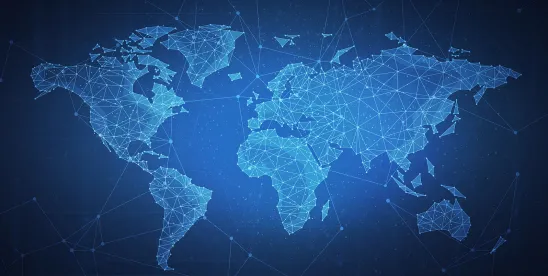On Feb. 6, 2025, President Trump issued an executive order (EO) establishing International Criminal Court (ICC)-related sanctions. The EO characterized the ICC as “ha{ving} engaged in illegitimate and baseless actions targeting America and our close ally Israel.”
The EO imposes sanctions on persons listed in its annex, which currently includes Karim Khan, prosecutor of the ICC since 2021. The EO also authorizes sanctions on any foreign person determined by the U.S. State Department to, e.g., have directly engaged in any effort by the ICC to investigate, arrest, detain, or prosecute a protected person without consent of that person’s country of nationality or to have provided material assistance or support for such activities or persons sanctioned under the EO. As a result of these sanctions, U.S. persons generally may not engage in any unlicensed transactions with Khan, and his property in the U.S. is blocked (i.e., frozen). The sanctions also impose travel-related restrictions. These prohibitions would also extend to anyone else sanctioned under this authority.
These new ICC-related sanctions represent one of several actions President Trump has taken under the International Emergency Economic Powers Act (IEEPA), which provides the president with broad authority to regulate international transactions in response to a declared “national emergency.” IEEPA has previously been used to target China, Canada, and Mexico.
U.S. and international businesses must carefully monitor the Trump Administration's use of IEEPA to regulate international trade. Prohibitions established under IEEPA can take effect immediately, and non-compliance can lead to significant penalties.




 />i
/>i
